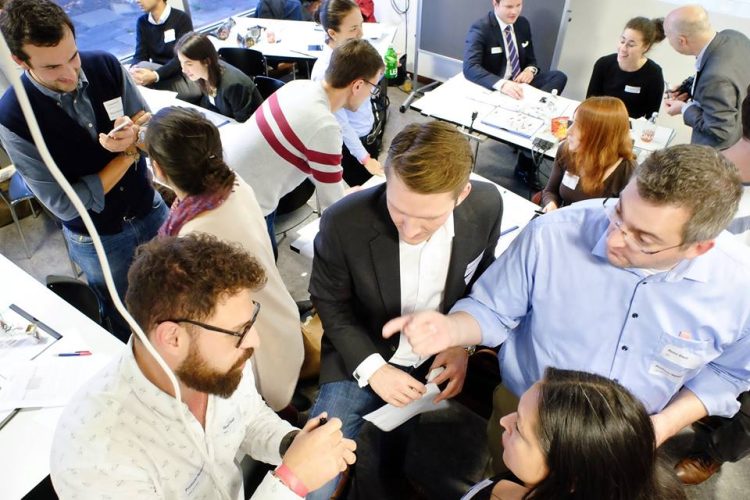Abstract The case discusses the global food processing giant Nestlé’s problems relating to modern slavery in its cocoa supply chain. The company faced allegations of using child labor in...
Abstract This case looks at some key challenges before Jeremy Schwartz (Schwartz), CEO of The Body Shop International Plc. (Body Shop), and its International Director of Corporate Responsibility and...
Abstract This two-part case examines a major reorganization process which took place at Ten Thousand Villages Canada in 2013, as a response to severe challenges from the aftermath of...
Abstract Founded in 2013 in Boston, Massachusetts, Fresh Truck is a mobile fresh produce market focused on increasing access to fresh produce and nutrition education in Boston’s low-income neighborhoods....
Abstract The case reviews the rise of Guayakí, a company that sells energy drinks produced with leaves from Yerba Mate trees, and a significant decision it now faces. ...
oikos Bayreuth is hosting another Clothes Exchange Party to reduce waste, and overconsumption. More information (in German) here.
oikos Reutlingen is hosting an oikos Talks event with GLIMPSE FASHION which works to prevent prostitution in the fashion supply chain in India. Find more information (in German) here.
oikos Leipzig hosts a speech and discussion on modern day slavery in the textile industry. Further information (in German) is available here.
The oikos FutureLab is the biggest event in the annual oikos calendar which gathers representatives from the entire oikos community. It provides a 2-day platform for 140 participants to...
“Having been part of the oikos event calendar for more than 20 years, the oikos Conference is the oldest oikos initiative. Since its start in 1988, the aim of...


